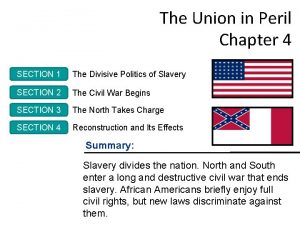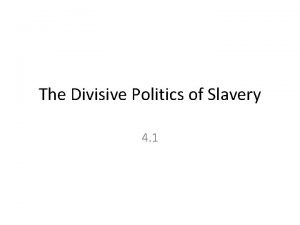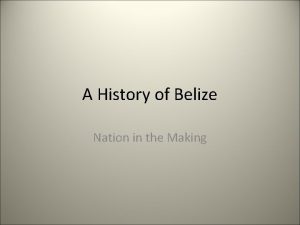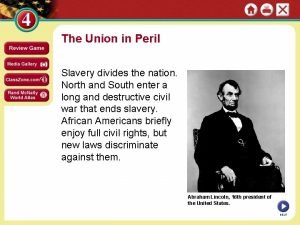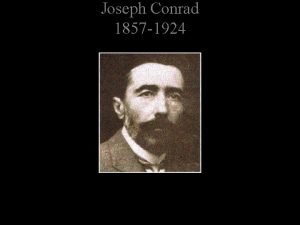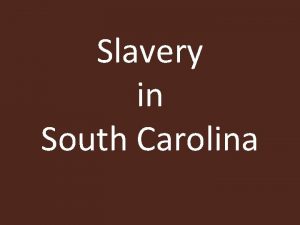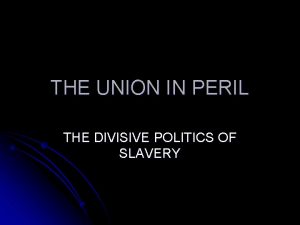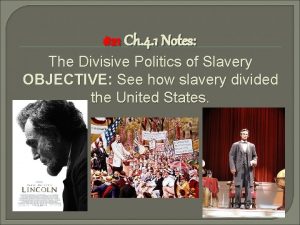The Divisive Politics of Slavery US History Mr







- Slides: 7

The Divisive Politics of Slavery US History Mr. Hatch

Differences Between North and South Senator Calhoun called on the North to give the South “justice, simple justice. ” He demanded that slavery be allowed throughout the territories won in the war with Mexico. If it was not, he declared, the South would secede.

Industry and Immigration in the North Factories that produces new Inventions: Cyrus Mc. Cormick’s Reaper Isaac Singer’s Sewing Machine Guns Railroads – more than 20, 000 miles of track laid during the 1850 s

Agriculture and Slavery in the South Predominantly rural society Plantations Small Farms Relied on Cotton, Tobacco, Indigo Inventions: • Cotton gin

Slavery in the Territories Wilmot Proviso – all acquired territories from the Mexican war would be closed to slavery • Northerners – agree over the refusal of Southern congressmen to vote for internal improvements, supported the proviso - Feared more slave state member in Congress • Southern states opposed the proviso House approved the proviso, but the Senate rejected it.

Statehood for California Gold rush – quickly grown in population Skipped the territorial phase and became a state Constitution of California forbade slavery

Senate Debate Southerners threatened secession Henry Clay’s Compromise of 1850 Popular sovereignty – the right of residents of a territory to vote for or against slavery California admitted as a free state Sale of slaves banned in the District of Columbia Fugitive Slave Act - help capture runaway slaves
